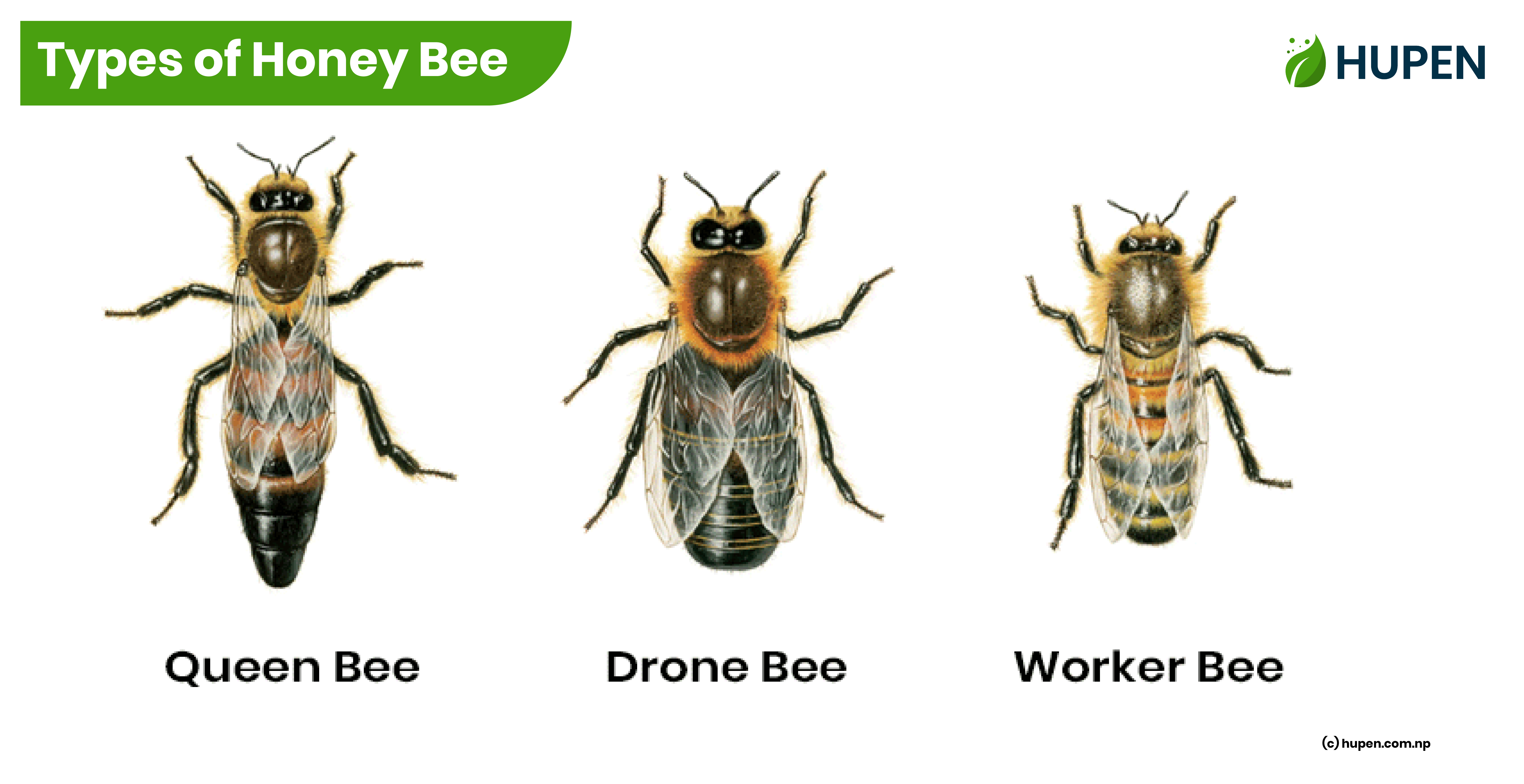Introduction to Beekeeping
Beekeeping, or apiculture, is an ancient and fascinating practice that has captivated humans for thousands of years. From the buzzing hives of ancient Egypt to modern urban rooftops, the art and science of maintaining bee colonies continues to thrive. Let’s explore the key aspects of beekeeping, its history, and its vital role in our world today.
A Brief History of Beekeeping
Beekeeping has deep roots, with the earliest evidence of humans collecting honey from wild bees dating back to 10,000 years ago. Ancient Egyptians were among the first to practice organized beekeeping, using clay hives and creating detailed records of their techniques. The Greeks and Romans also valued bees, integrating them into their mythology and using their products for food and medicine. This rich history laid the groundwork for the sophisticated beekeeping practices we see today.
Meet the Bees: Roles Within the Hive
A bee colony operates like a well-oiled machine, with each bee playing a specific role. There are three primary types of bees in a hive:
1. The Queen: The queen’s main job is to lay eggs. She is the mother of all the bees in the colony and can lay up to 2,000 eggs per day during peak season.
2. Drones: These are the male bees whose primary role is to mate with the queen. Drones do not collect nectar or pollen and are often expelled from the hive in the winter.
3. Workers: These female bees do everything else, from foraging for nectar and pollen to nursing larvae and producing honey. They are the backbone of the hive, ensuring its smooth operation and survival.

Sweet Rewards: Honey Production
One of the main draws of beekeeping is honey production. Bees collect nectar from flowers and convert it into honey through a process of regurgitation and evaporation. This honey is stored in honeycomb cells, capped with beeswax to keep it fresh. Beekeepers harvest honey by removing the frames containing capped honeycomb and extracting the honey using a centrifugal extractor.
Beyond Honey: The Importance of Pollination
While honey is a sweet reward, the role of bees in pollination is arguably even more critical. Bees are vital pollinators for many crops and wild plants. Commercial beekeepers often rent out their hives to farmers, providing essential pollination services that boost agricultural productivity and biodiversity.
Tools of the Trade: Essential Beekeeping Equipment
Beekeeping requires a variety of tools and equipment to manage hives effectively:
1. Hive Bodies and Frames: These are the structures where bees live and store honey.
2. Protective Clothing: Beekeepers wear veils, suits, and gloves to protect themselves from stings.
3. Smokers: These devices calm bees by masking alarm pheromones, making hive inspections safer.
4. Hive Tools: These are used to manipulate frames and scrape off excess wax or propolis.
Keeping Bees Healthy
Maintaining the health of bee colonies is crucial. Beekeepers must monitor for diseases and pests, such as the Varroa mite, which can devastate colonies. Regular inspections and integrated pest management strategies are essential for keeping bees healthy and productive.
Environmental Impact of Beekeeping
Beekeeping has a significant environmental impact. On the positive side, it supports pollination and biodiversity. However, challenges like pesticide use, habitat loss, and climate change threaten bee populations. Sustainable beekeeping practices, including organic methods and natural pest management, are increasingly important for protecting these vital insects.
Joining the Beekeeping Community
For those interested in beekeeping, many regions have associations and clubs where enthusiasts can exchange knowledge, receive training, and access resources. These communities are invaluable for both novice and experienced beekeepers, fostering a collaborative environment for learning and growth.
Embracing Sustainable Beekeeping
Sustainable beekeeping is about more than just producing honey. It involves practices that protect and support bee populations, such as avoiding harmful chemicals, providing diverse forage, and preserving natural habitats. By embracing these methods, beekeepers can ensure that their hives thrive and contribute positively to the environment.
The Future of Beekeeping
As we look to the future, the role of beekeeping in supporting food security and ecosystem health becomes ever more critical. Whether you're a seasoned beekeeper or a curious newcomer, there's always something new to learn in the dynamic world of bees.
In conclusion, beekeeping is a rewarding practice that offers sweet rewards and plays a crucial role in our ecosystems. By understanding the history, roles of bees, and the importance of sustainable practices, we can appreciate the profound impact these tiny creatures have on our world. So, why not consider starting your own hive and join the buzzing community of beekeepers?
Join the Conversation
Have you ever thought about keeping bees? What intrigues you the most about beekeeping? Share your thoughts and experiences in the comments below! Let's keep the conversation buzzing.

